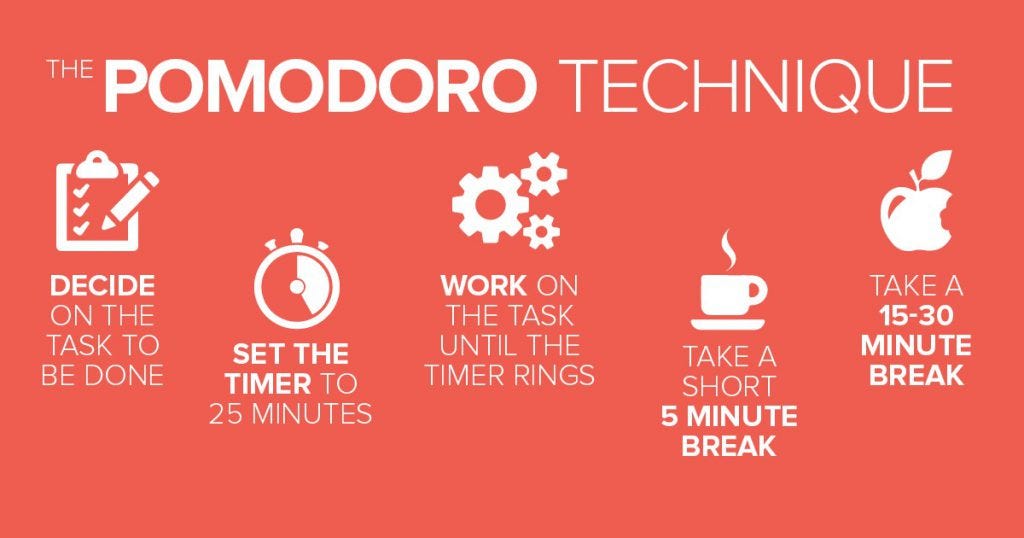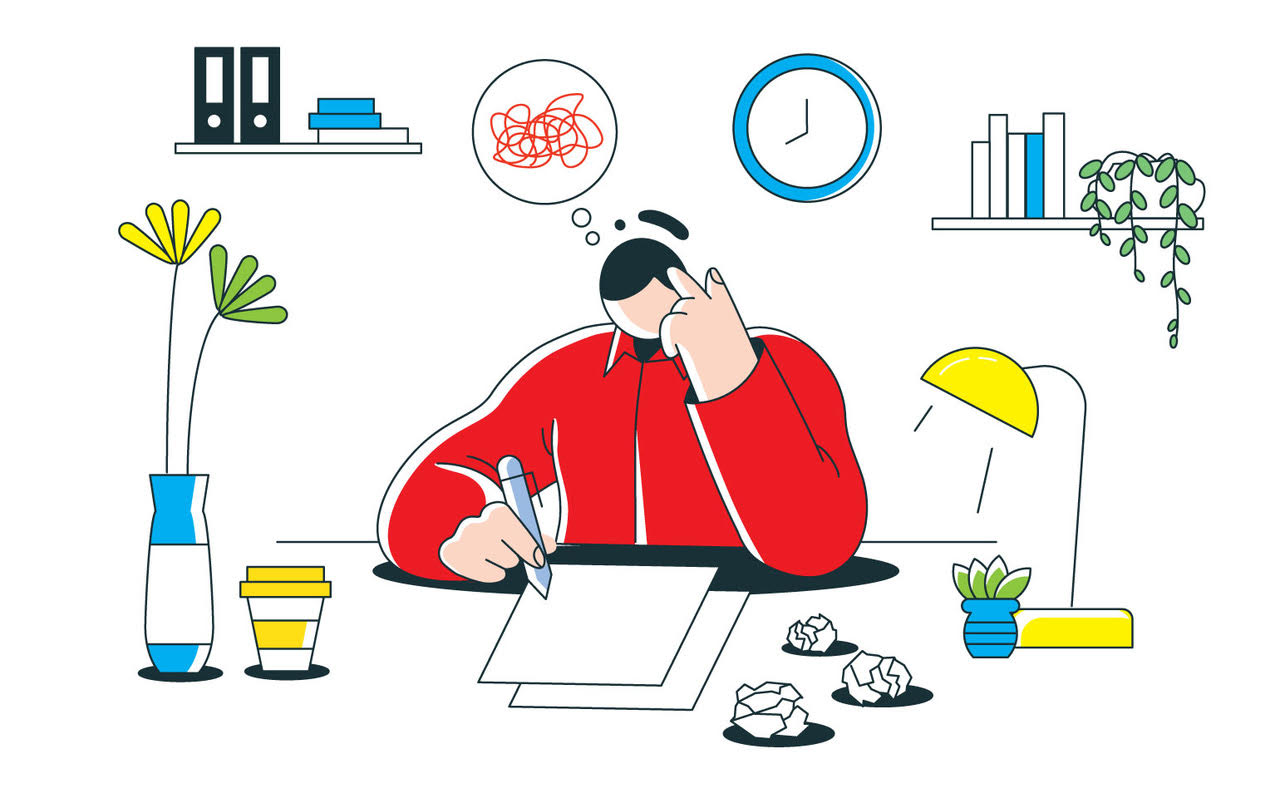If you feel overwhelmed or stuck, give some space to your writing assignments and take a stroll. Do anything except making a call or going to a party. If you do, other people’s ideas will pour in and juggle with the thoughts you left at your desk.
Yes, we are talking about writer’s block. It is a well-known obstacle that grows when you focus on it. It happens when we know that we must have to write, thinking for long, staring at our screens, and yet unable to write anything. A writer’s block occurs when your head is full of ideas but no words appear on the screen. In this case, you must relax your brain and let it unwind from frustration.
Even seasoned writers experience this and fear losing their points that they want to address through their writing. They also need strategies to cope with this blockade and be more productive.
After thorough research, we’ll provide you with the best tips to overcome writer’s block and perhaps understand it in a better way. Not every tip works for every writer, but these universal strategies can probably work for you.
Table of Contents
Best Strategies for Overcoming Writer’s Block
Here are some best strategies you can use to overcome your writer’s block and become more productive:
Find the Source
Writer’s block occurs mostly due to deeper physical and psychological challenges. It is not entirely related to your thought process and writing difficulties. There are some other common reasons for this blockade, which include mental exhaustion, stress, or health issues.
It is important for a writer to deeply understand the cause behind this and recognize when their mind needs rest and processing time. Always understand when is the right time to step back and focus more on mental health instead of forcing productivity.
Your creative juices flaunt when you have emotional and mental well-being. Deep breathe, and allow yourself and your mind to recover from outside as well as inside challenges while writing.
Make Writing a Habit
Consistent writing requires treating creativity as a disciplined practice. Establish a structured routine that transforms writing from a sporadic activity to a regular habit. Set specific times dedicated exclusively to writing, regardless of inspiration levels. This approach trains your brain to enter creative mode automatically.
Choose times when you’re naturally more alert and focused. Some writers prefer early mornings, others late nights. Experiment to find your optimal productivity window. The key is commitment—show up consistently, even when motivation feels low. Over time, this discipline becomes muscle memory, making writing feel more natural and less intimidating.

Enhance Your Workspace
The physical environment also plays a significant role in creative output. From desk to chair and lighting, everything plays a vital role in streamlining your writing process. Whether you work from home or the office, ensure your workstation is clutter-free and do not distract your mind.
Additionally, writers need to think actively, and for this, they need a fresh environment including plants, images, and meaningful objects. Consider comfortable ergonomic furniture to avoid unnecessary strain in your back and neck and all over your body. It is essential that our mind and body sync well to produce outstanding results.
So, experiment with different setups to discover what maximizes your writing and productivity. Make your workspace welcoming and distinct from spaces that cause stress and burden on your job.
Embrace Alternative Writings
Pivot strategically when traditional writing is feeling blocked. Engage in creative-related activities that use your mind differently. Try working on an unrelated writing project to stimulate your mental flexibility. Conduct research for your primary project, which can reignite your interest and motivate you.
Edit previous work or someone else’s writing to maintain professional momentum. These alternative approaches help bypass mental resistance by keeping you productively engaged. They offer an alternate route to creativity, permitting your subconscious mind to work through the problem while keeping you occupied doing something that’s quasi-writing.
Use the Pomodoro Technique
The developer of the Pomodoro technique, “Francesco Cirillo,” says that people are more productive when they take a break after 25 minutes. Set the timer or download productivity timer apps so that nothing interrupts your workflow. It means turning off email notifications and not getting up to grab a cup of coffee.
Sit tight and fully focus on your work without tapping on your phone screen and other chores. Alarm rings after 25 minutes? It is time to take a stroll and a much-deserved break.

Take a Hike
Movement lets you think outside the box and unlocks creativity. Writers can have a nature walk to unwind from writer’s block and promote innovative thinking. Moreover, taking a hike increases blood flow and releases endorphins. Choose activities that allow gentle mental wandering.
For example, leisure walks or perhaps light exercises. Moreover, avoid high-intensity exercises or hitting the gym that demand full focus. The goal of physical movement is to create a space for an exhausted mind to unwind from a pressure environment and emerge organically. Sometimes, the best writing solutions arrive when you’re not directly focusing on the writing itself.
It’s Okay to Make Mistakes
First drafts are meant to be messy, experimental spaces of exploration. Release the pressure of creating perfect prose immediately. Focus on completing your initial draft, understanding that refinement comes later.
Perfectionism often paralyzes creativity, creating insurmountable mental barriers. Treat your first draft as a raw, unpolished exploration of ideas. Give yourself permission to write poorly, knowing editing will transform the material.
Professional writers understand that excellent writing emerges through multiple iterations. The most important step is getting words on the page, creating something tangible to shape and improve.
Breaking Through: Your Writing Journey Matters
Writing is an inherently personal and creative endeavor. Blocks are merely transient obstacles, not enduring hindrances. Each writer’s journey is distinctive, characterized by its own patterns and difficulties.
Embrace your unique path with patience and self-compassion; remember, creativity flows when you cultivate space for it—both mentally and physically. It is essential to acknowledge that setbacks can occur. Although they may be frustrating, they often serve as valuable learning experiences.
Looking for more tips to level up your writing game? Dive into our blogs on EvolveDash and fuel your creativity with fresh ideas!
FAQs
What causes writer’s block?
Writer’s block can stem from stress, perfectionism, lack of ideas, or feeling overwhelmed by a project.
How can I spark creativity when I’m stuck?
Try taking a break, brainstorming, freewriting, or changing your environment to reignite your inspiration.
Are there tools or techniques to overcome writer’s block?
Yes! Techniques like setting small writing goals, using writing prompts, or even dictation tools can help you get started.
How do successful writers deal with writer’s block?
Many focus on progress over perfection, establish consistent routines, and allow themselves to write without judgment.



















